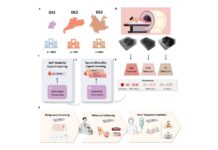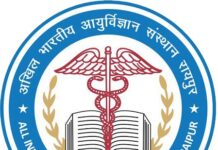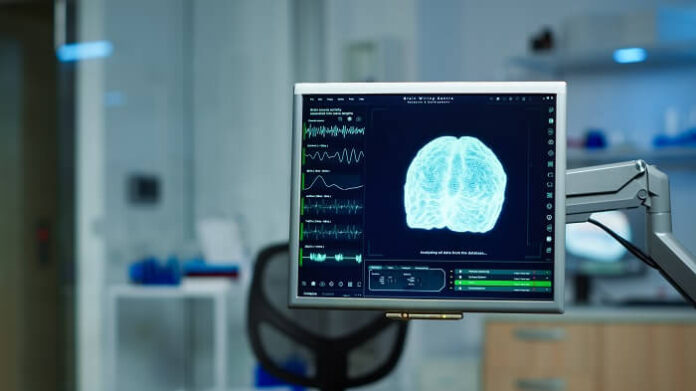The Indian Institute of Technology Madras (IIT Madras) has released the most detailed 3D high-resolution images of the fetal brain, a pioneering achievement by the Sudha Gopalakrishnan Brain Centre. This first-of-its-kind work places India at the forefront of global brain mapping science, pushing the boundaries of neuroscience research and innovation.
This groundbreaking project, undertaken at a fraction of the cost typically incurred in Western countries (less than one-tenth), represents a significant step forward in brain mapping technology. The advancements achieved could revolutionize neuroscience research and contribute to the development of treatments for brain-related health conditions.
Led by Mohanasankar Sivaprakasam, Head of the Sudha Gopalakrishnan Brain Centre, the research involved a multidisciplinary team comprising experts from India, Australia, the U.S., Romania, and South Africa, along with medical collaborations with Chennai-based Mediscan Systems and Saveetha Medical College Hospital.
This work is particularly crucial for India, which accounts for nearly 20% of the world’s childbirths, with approximately 25 million births annually. Understanding brain development from the fetal stage through adolescence and into adulthood is vital for addressing developmental disorders like autism and learning disabilities.
Supported by the Office of the Principal Scientific Adviser to the Government of India, Kris Gopalakrishnan (Infosys Co-founder), Premji Invest, Agilus Diagnostics, and NVIDIA, the research has generated unprecedented high-resolution imaging data. These datasets provide cellular-level details of human brains, including those of different ages (fetal, neonate, young adult, adult, and elderly) and conditions such as stroke and dementia.
The high-throughput histology pipeline developed by the Centre processes entire human brains into petabyte-scale digital images, creating a unique repository of brain data. In just two years, the Centre has processed over 200 brains, providing a comprehensive view of brain anatomy at a cellular level.
As reported by economictimes, the applications of this research include advancements in fetal imaging technologies, early diagnosis of developmental disorders, and potential treatments for neurological conditions. These findings have been accepted for publication in the Journal of Comparative Neurology, a century-old, peer-reviewed journal specializing in systems neuroscience.
The Sudha Gopalakrishnan Brain Centre, launched in 2022, aims to establish IIT Madras as a global leader in human brain research. With its cutting-edge technology and multi-disciplinary approach combining science, medicine, and computing, the Centre seeks to create the largest repository of human brain data worldwide.
By generating first-in-class, high-resolution brain datasets, the Centre is poised to serve as a global reference for neuroscience research for decades, driving transformative impacts in both neuroscience and neurotechnology.
























